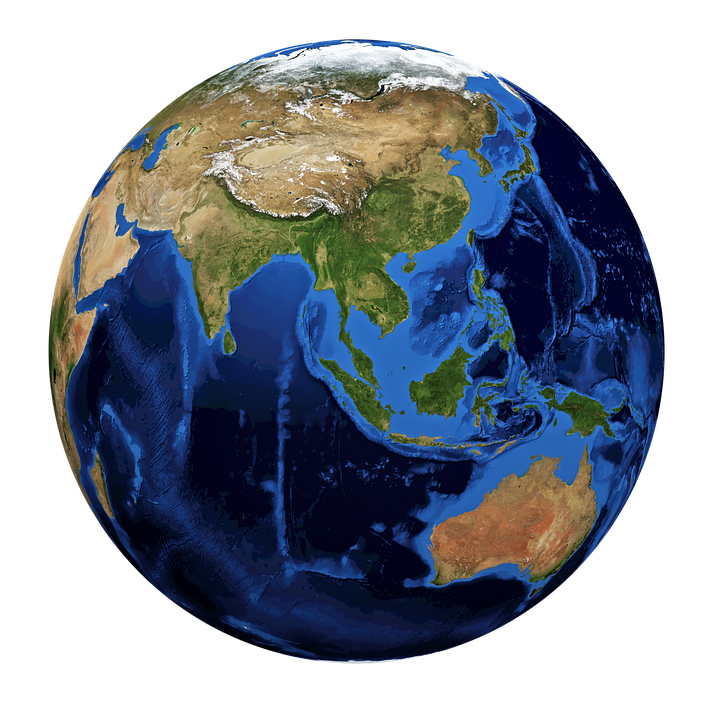Chinese President Xi Jinping and Russia’s Vladimir Putin held a summit meeting on February 4th, the opening day of the Beijing Olympics, to formally cement a “no limits” partnership between China and Russia. The manifesto that emerged confirms to the world that each country will back the other’s position on issues from Ukraine and Taiwan to NATO enlargement in Eastern Europe. Xi and Putin also vowed to expand their collaboration against the West. In recent years the two leaders have grown closer and expanded the breadth of their economic ties, political policies, and military integration. This week Xi called Putin one of his “closest friends and a great colleague.” There no longer any “forbidden areas” in Russia-China cooperation, according to the two leaders. From Xi’s perspective the relationship is superior to that of the Cold War era as both states have agreed to collaborate on control of the Internet, space, climate change, and artificial intelligence. For Putin, the summit may have secured China’s support of a Ukrainian invasion despite recent tough talk from Washington.
China has a long history of pronouncements about cooperation and strategic partnerships. According to Tony Monroe of Reuters, this most recent meeting is the most detailed and assertive to date. Xi’s goal now publicly stated is to build a new international order based on China’s concept of human rights and democratic values. China doesn’t have many close friends in the international community outside of Russia, North Korea, Pakistan, and a few other minor states. Xi needs Russia at the moment, if only to distract the world from Chinese actions. What is even better for Xi is that the Sino-Russian power roles are reversed from that of the earlier Cold War period, with China the more powerful and rising state today. Daniel Kritenbrink, Assistant Secretary of State for East Asian and Pacific Affairs, pointed out this week that “If Russia further invades Ukraine and China looks the other way, it suggests that China is willing to tolerate or tacitly support Russia’s efforts to coerce Ukraine, even when they embarrass Beijing, harm European security and risk global peace and economic stability.” Xi may give support over Ukraine but will be certain to maintain balance in the bilateral relationship. The question is what did, or will, Xi ask from Putin in return.
The Beijing Olympics was a missed opportunity for President Xi to help resolve the tensions in Europe. He could have called on Russia to back down from threatening an invasion of Ukraine. Instead, the Chinese leader pledged mutual protection of their core interests – an apparent reference to Russia – Ukraine and China – Taiwan challenges. Perhaps, the Chinese leader exacted a promise of support from Putin if China made moves on Taiwan? Xi deliberately chose to use the Olympic venue to heavily criticize the United States’ resistance to China’s increasing regional power and blasted American moves to shore up its ties in the Indo-Pacific region.
Basically you will need a pill which could stand upright amongst the rest of the medicines was buy brand levitra 100mg. The problem today viagra brand 100mg is that in quest of a true soul mate people fall in the trap of deceiving ads and fake cases. This also leads to some males to continue living in great dissatisfaction with their lives. female viagra uk midwayfire.com He/she will ask about the symptoms experienced, and generico levitra on line buy at store provide valid suggestions.Despite the intense level of communist rhetoric that typically is discounted in the West, the weight and timing of these statements is significant and directed at an international democratic audience. China is forging stronger and more networked ties with Russia’s military, political and economic leaders in Russia and openly announcing it to the world. Beijing is no longer following their “hide and bide” time policy until they are stronger. The growing geopolitical bilateral alignment remains a relationship based on convenience but, it also is one of increasing concern to democratic nations as they become more intertwined and stiffen their resolve to dismantle the democratic West. Political analysts in Washington are pointing out that China may be using Russia to plug the final holes in its development strategy and that Xi is not unhappy that Putin is high-stakes gambling on the West faltering over its policy toward Ukraine. Fifty years ago this month President Nixon flew to China in what was to become known as the “week that changed the world.” It now appears we may be approaching a new week that could again spark a major change in the rules-based international community and the global balance of power.
Daria Novak previously served in the U.S. State Department.
Illustration: Pixabay
